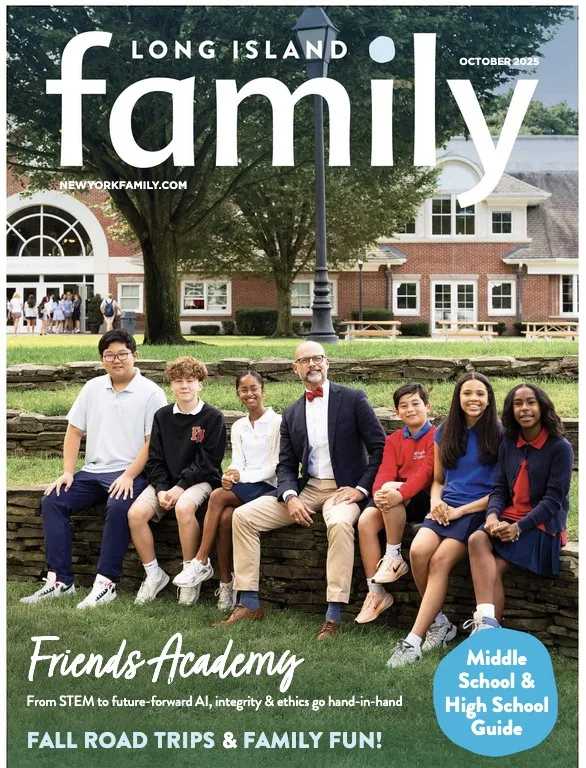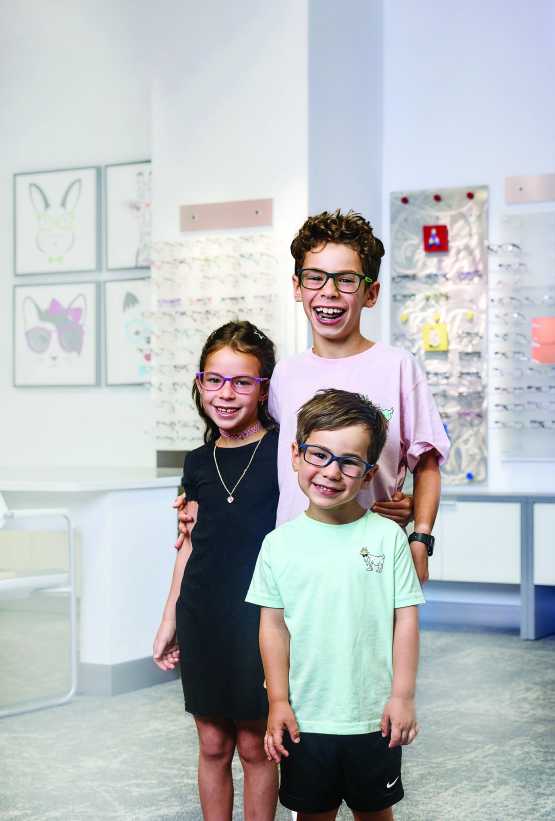
When playing a game of word association, the word “camp” probably doesn’t bring to mind activities like video game design or app development. Instead, one usually pictures three-legged races, obstacle courses, and friendship bracelets, right? Well, thanks to a host of innovative tech-based summer programs, the times seem to be changing.
For the past decade, STEM (Science, Technology, Engineering, and Math) camps have been cropping up all over the country. STEM, for those who have yet to hear this catch-all up-and-coming phrase, is an acronym for science, technology, engineering, and math. These camps give children access to the kind of equipment and knowledge that for a long time was considered science-fiction. “Science” being the operative word here. Think 3D-printers, robots, Java programming, and audio production software.
When children attend a STEM camp, it carries them through the summer where a lot of times there’s this brain drain, Scott Heifetz, director of Launch Math and Science Centers on the Upper West Side, explains, adding that this keeps them excited about academics.
This summer, Launch will offer six different camp programs for ages 6-12: Actions and Reactions, SCRATCH Programming and Gaming, LEGO Robotix, Wheels and Water, Rocket Science, and Architecture and Engineering. However, new to Launch this summer is their FUNdamentals camp for 4- and 5-year-olds. They piloted the program last summer and after it proved to be a huge success, have decided to continue at full speed ahead. “[It’s] a great experience for kids to immerse themselves in the mathematics of pre-K-K as well as hands-on science experiments.”
Additionally, there are some city programs, like the Flexible Summer Memberships offered by Mathnasium (with several locations throughout the city), that work as extensions of the math tutoring a child might receive during the academic year (though are not a summer program in the traditional sense). Mathnasium underscores that summer sessions can be a very productive time. Without the pressures of schoolwork, it allows the team to solely focus on working with each child on exactly what he or she needs to catch up or get ahead in math.
In a similar vein, SciTech Kids, a STEM center located just above Midtown, has both a similar program and a guiding philosophy to Launch. Both centers are fully dedicated to making STEM a fun, hands-on learning experience for kids of all ages.
For SciTech’s Robot Madness camp, Kim Magloire, founder and president of SciTech, explains that the older campers are given robot kits and use them throughout the week to build their own robots. The 4- and 5-year-olds, who are a bit too young for the kits, instead use materials such as paper, cardboard, pipe cleaners, conductive play dough, and LED lights to build their robots.
Robotics programs seem to be a common favorite at STEM camps across the board. Digital Media Academy (DMA), a company centered around STEM’s technology aspect, has a robotics camp that boasts life-changing experiences. Vince Matthews, director of marketing at DMA, tells the story of a mother who signed up her autistic child for one of the academy’s Adventures in Robotics sessions with hopes of challenging him and breaking him out of his shell. The boy went on to be the president of his school’s robotics league and has placed in the state finals about three times, Matthews says with pride.
DMA has 23 locations across the US and Canada, three being in the New York City area. At both the NYU and Marymount campuses, students ages 12-18 can explore DMA’s most popular themes, which include various game design programs (including 3D design and Java programming), filmmaking, music and audio production, and app development—to name a few.
At Concordia College in Eastchester, New York, DMA’s younger campers (8-12), will surprisingly enough, be able to choose from the same programs as the 12-18 year olds. Of course, it will be tailored to their young minds, but yes, 8-year-olds will be designing their own video games.
A common concern among parents who are skeptical about signing their children up for STEM camps is the lack of physical activity. The thought process that often comes up is that children have been sitting at desks all school year—so won’t STEM camps be seemingly more of the same? The answer is a resounding “no!”
In fact, the Corlears School’s Summer Science camp is centered around themes of horticulture and zoology. Mornings are spent in science explorations, both inside and outside, while afternoons focus on other activities. Children ages 5 and up will spend afternoons learning sports, digital photography, dance, and music, as well as taking care of the Corlears critters. “Summer Science at Corlears is a program based on the understanding that children find delight in the opportunity to explore the natural world within their city and neighborhood,” explains Ari Wasserman, the director of summer camp at Corlears School.
Similarly, at SciTech, campers will spend mornings as lab scientists and afternoons as field scientists. “[SciTech’s] summer camp is half outdoors in Central Park,” Magloire says. “They get to do a lot of exploratory science. We use the environment as a tool to teach kids.”
Not even inevitable city heat waves will stop SciTech from getting those campers on their feet, outdoors, thinking and learning like scientists. A popular hot weather day activity is melting s’mores using solar ovens made out of sticks, aluminum foil, and pizza boxes.

On the hottest days, Launch, which also has campers spending half their day outdoors, will take a moment’s pause from math and science and let the kids be kids splashing in Central Park’s fountain. On rainy days, instructors take the campers to the American Museum of Natural History for a fun tour or an IMAX movie.
Students at the Relativity School’s three week intensive workshop will also take advantage of the city and use it as inspiration and a backdrop for the student films. Relativity School is a sector of Hollywood’s Relativity Motion Picture Studio and has just opened up a program in New York at the Dwight School on Central Park West. Students will learn different techniques to perfect their craft, and then put them to the test in their own student films. Programs offered include film production, acting, musical theatre, commercial dance, and electronic music production. Production teams will use all the latest technology in editing and audio software, plus, they’ll learn how to make a professional-quality YouTube page to market their film, which can then be conveniently linked to in their college applications when the time comes.
The number one comment Magloire gets from the parents of SciTech campers is that they can’t believe that everyday the child comes home and says: “Did you know?” When sending their kids to STEM camps, parents no longer have to pry to get info about what their little ones did all day—kids are eager to share all the information they’re learning. “Four-year-olds are explaining electric circuits,” Magloire adds.
Likewise, Heifetz often hears parents at Launch say: “I have to drop my son off every day and I wish I could stay with him. I wish I had this when I was growing up.” We couldn’t think of a better argument for immersing your child in a sea of techie fun this summer!





























